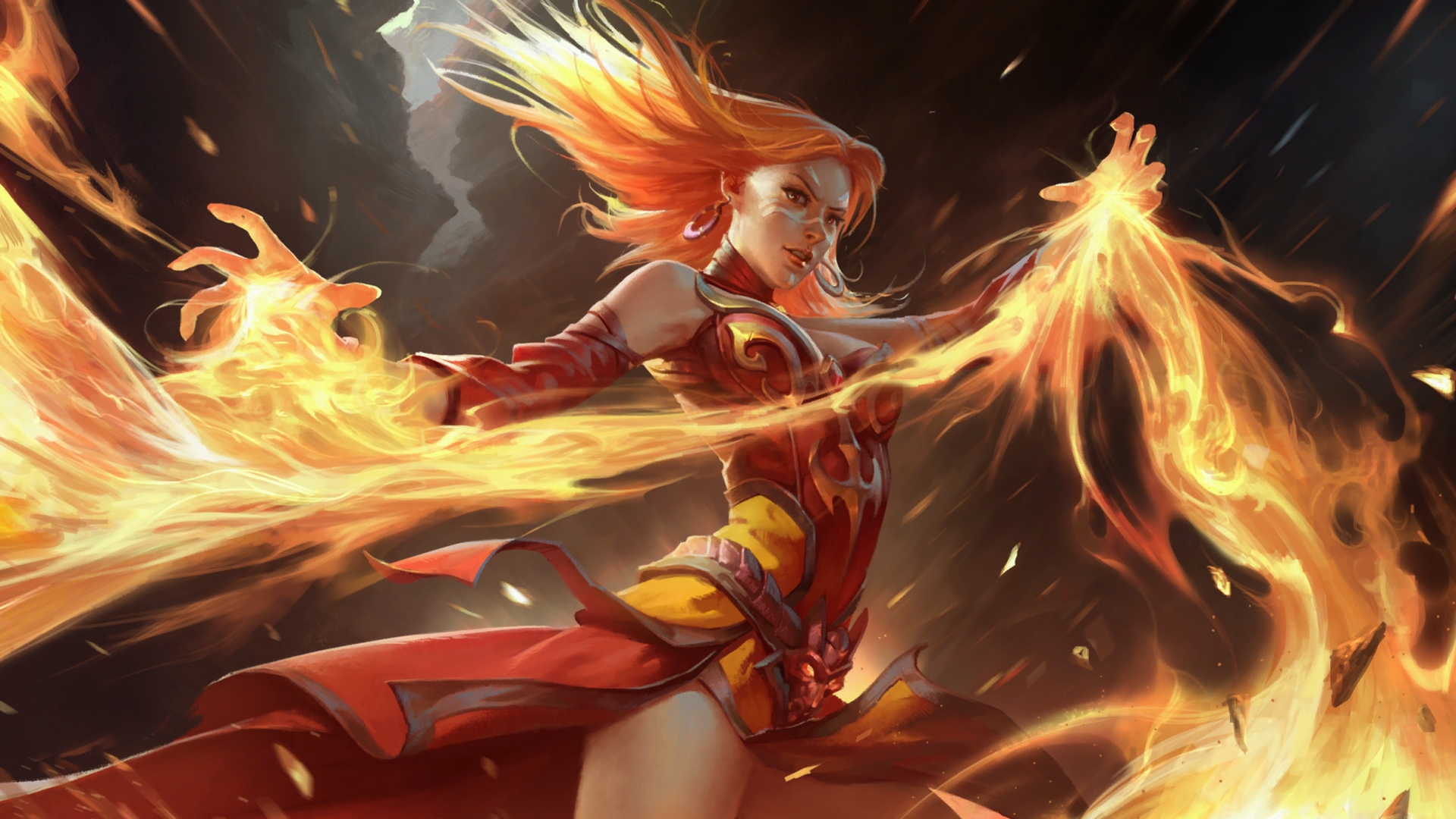Valve cracks down on 'wild west' of 3rd party battle passes and other real-money transactions for custom Dota 2 game modes
There were a lot of shifty games in there, but some legit devs seem to be getting caught in the crossfire.

As noted by SteamDB creator Pavel Djundik, Valve has requested that all Dota 2 custom game makers cease real-money monetization in their creations by August 17. A number of popular modes for the juggernaut MOBA have already gone offline in response.
The custom game tools in Dota 2 gave rise to a vibrant modding scene, with the most notable example being autobattler genre progenitor Dota Auto Chess. Auto Chess was a straight-up phenomenon when it landed in 2019, and though a bit diminished these days, the genre it spawned is still chugging along.
Some custom games in the Dota 2 arcade possess real money monetization through third party platforms like Paypal or Patreon. Paying the developers outside the game earns you access to the usual microtransactions for cosmetics or, more contentiously, in-game advantages, as well as full-blown battle passes.
Dota 2 Arcade games fall under a non-commercial license, but the characteristically hands-off and laissez faire Valve did not act on the proliferation of real money transactions in the Dota 2 Arcade until now. It seems like a pretty easy call for Valve though, which has had to contend with similar grey market economies in Counter-Strike and TF2. Having players making PayPal transactions with a third party for changes to your own game seems like an untenable liability.
I've also noticed a general sense in the community that things had gotten out of hand with Arcade monetization. An r/DotA2 thread by KaylinaNemo in 2020 complains of being able to purchase abilities and items with real money in one custom game, and similar cries of "pay to win" seem to have dogged the Dota 2 arcade in recent years.
A post by Apprehensive-Tea5559 about a custom Dota 2 game being retracted in protest of Valve's decision has largely drawn users celebrating its demise, accusing it of predatory monetization. A popular post by user PizzaForever98 similarly praises Valve's decision.
It's not 100% clear-cut though. User LuminanceGayming shared an open letter requesting Valve come to some sort of accommodation with legitimate developers in the Dota 2 arcade, noting that Auto Chess creator Drodo Studio's first effort in the Dota 2 arcade was monetized. "To be clear, we’re not asking to continue the current wild-west-style of monetization either—none of us think that’s healthy," the letter reads. "Instead, we want nothing more than an official way to monetize our games." Specifically, this letter calls for Steam wallet integration with the Dota 2 arcade.
Keep up to date with the most important stories and the best deals, as picked by the PC Gamer team.
In a recent video, two developers of popular monetized Dota 2 auto battler Ability Arena, SUNSfan and Jenkins, talked about Valve's changes. The two explained that they had previously met with Valve employees while developing Ability Arena, and had requested they take action in making Arcade monetization more above-board. While SUNSfan and Jenkins found those developers to be sympathetic, they didn't seem to be in a position to push for any substantive overhaul of the Dota 2 Arcade. "We don't like the 'wild west' of monetization in Dota" SUNSfan stated. "We don't like the way it was—or is, I guess.
"Effectively, [the Dota developers] understood what was happening—obviously, they're fucking Dota devs—and they just weren't able to allocate resources to change anything"
Valve seems to be stepping up its enforcement of the secondary economies around its popular competitive games. This change to Dota comes right after Valve pressed reset on how professional Counter-Strike tournaments can be run, making cash payouts from event organizers to teams more transparent and protecting against potential conflicts of interest.
Ted has been thinking about PC games and bothering anyone who would listen with his thoughts on them ever since he booted up his sister's copy of Neverwinter Nights on the family computer. He is obsessed with all things CRPG and CRPG-adjacent, but has also covered esports, modding, and rare game collecting. When he's not playing or writing about games, you can find Ted lifting weights on his back porch.

